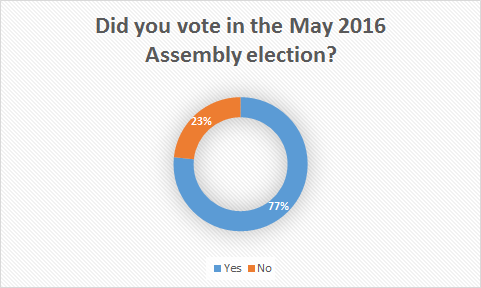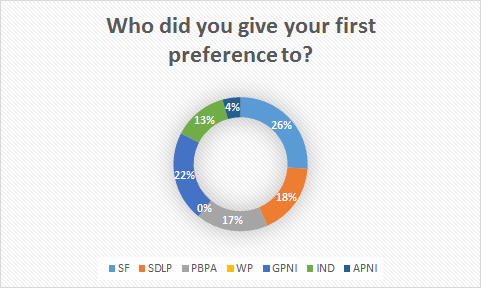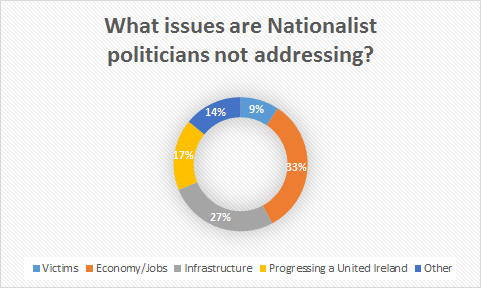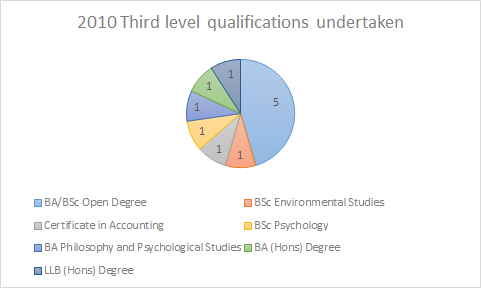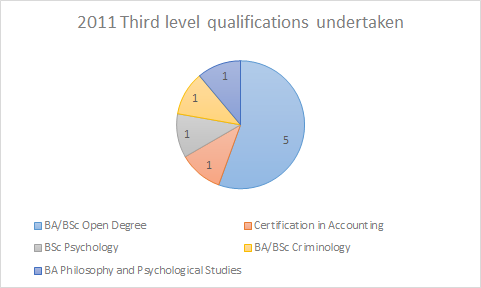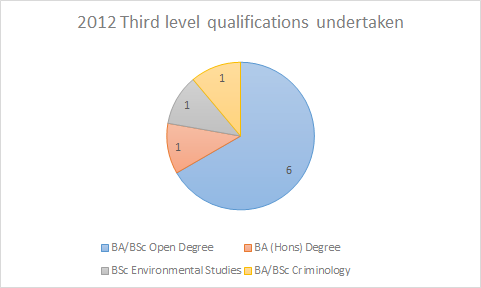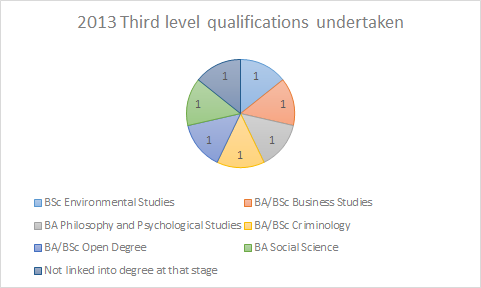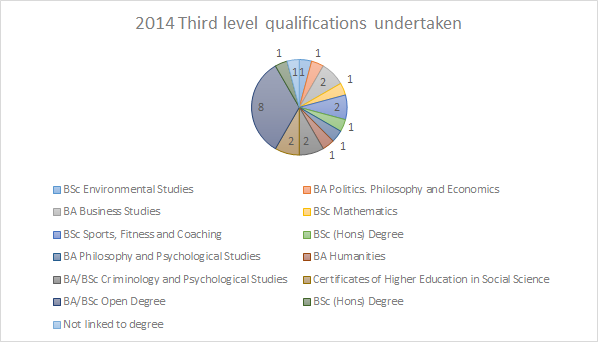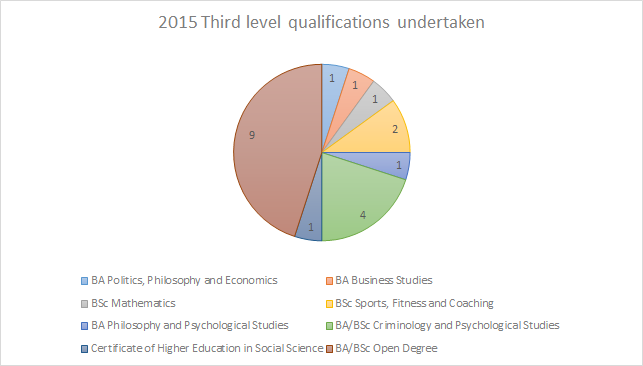The use of stop and search powers under terrorism legislation has been a serious bone of contention not just here but across the water and in other western nations given the infringement on human rights.
Here, individuals who may be involved in republican groupings but who have not been convicted of any crime have been pointing the finger at the PSNI alleging ‘political policing’ and ‘harassment’.
So, BtP went about looking into this – albeit with limited information. We now have obtained a restricted PSNI briefing to the NI Policing Board on stop and searches, despite the PSNI seeking to ensure we didn’t use some of the information contained therein because ‘terrorists could identify where powers are being used most, and evade police’. We believe its our duty to expose information in the public interest, and for the police and justice system to prove someone is guilty of a crime, so alas.
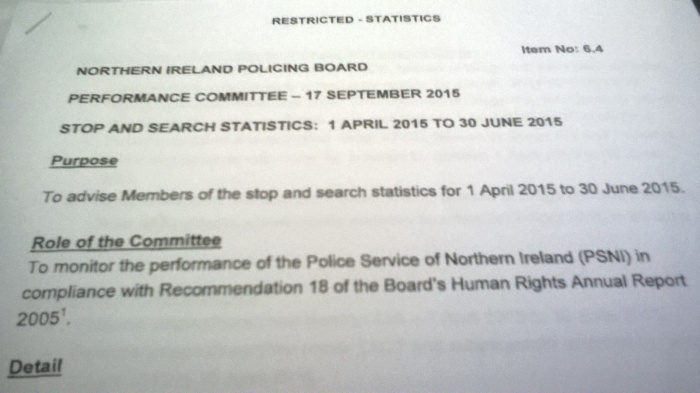
The information is a snapshot, ranging from the quarter April-June 2015, however, it is the last report on stop and searches given to the Policing Board.
During that period, under the range of legislative powers the police can use, 6,964 were stopped and searched – 40% of these were aged between 18-25.
The police have a range of powers they can use to stop and search an individual, though our report focusses on just two – the Terrorism Act and the Justice and Security Act. Here’s what those laws give the police the power to do;

As you can see, there are an extensive number of powers available to the police.
Of the 6,964 stopped and searched by police officers, only 584, or 8.4% were arrested. 40.8% of these were in the South Policing District. This is under all available powers.
37 people were stopped and searched under section 43 of the Terrorism Act. Only 2 were subsequently arrested.
18 people were stopped and searched under section 43A of the same legislation, no arrests were made.
481 people were stopped under section 21 of the Justice and Security Act. Just 2, or 0.4% of those stopped, were subsequently arrested.
1,087 were stopped under section 24 and section 22 of the Justice and Security Act – by far the widest used legislation. 2% of these were arrested.
As part of the powers as outlined above, vehicles and houses can be searched by police. Here are the figures for that timeframe.

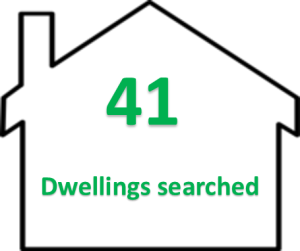
The information the PSNI didn’t want us to release was where the powers were used most, and the profile of those most likely to be stopped and searched.
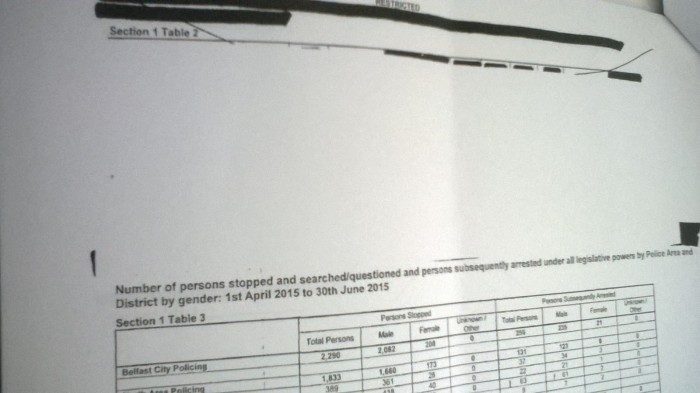
The PSNI have broken the information in their report down by local government district, so here is a map of the current local government boundaries for information
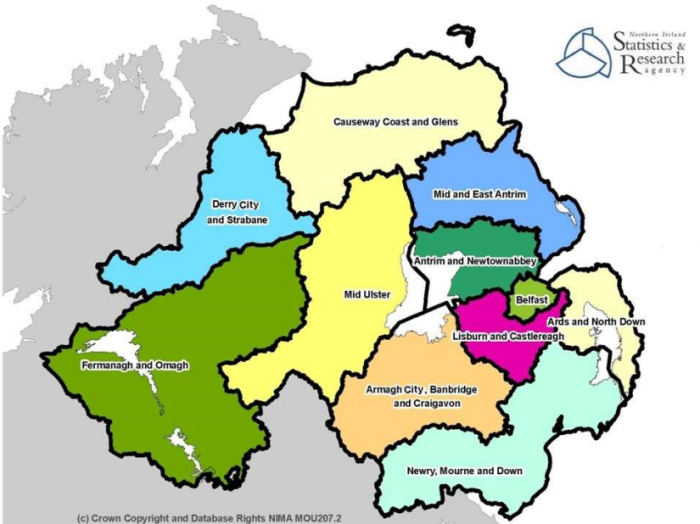
From the information in the restricted document, we have been able to pinpoint where stop and searches are more prevalent, and event where you are more likely as a man and a woman, to be subject to stop and searches.
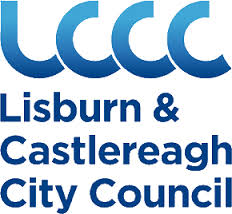
Lisburn and Castlereagh City Council area
You are more likely to be stopped and searched in this Council area than in any others – and it boasts the highest stop and searches for both males and females in the period. It is also the number one area for subsequent arrests.

Derry City and Strabane District Council
This Council area comes second, and it is also second most likely to stop all males and females throughout the region. This is also the second most prevalent area for subsequent arrests.
The other three of the top five council areas where stop and search powers are used are as follows;
We will leave our readers to decipher the relevance of these council areas, and the specific areas of what is deemed to be dissident activity in each of these areas.






